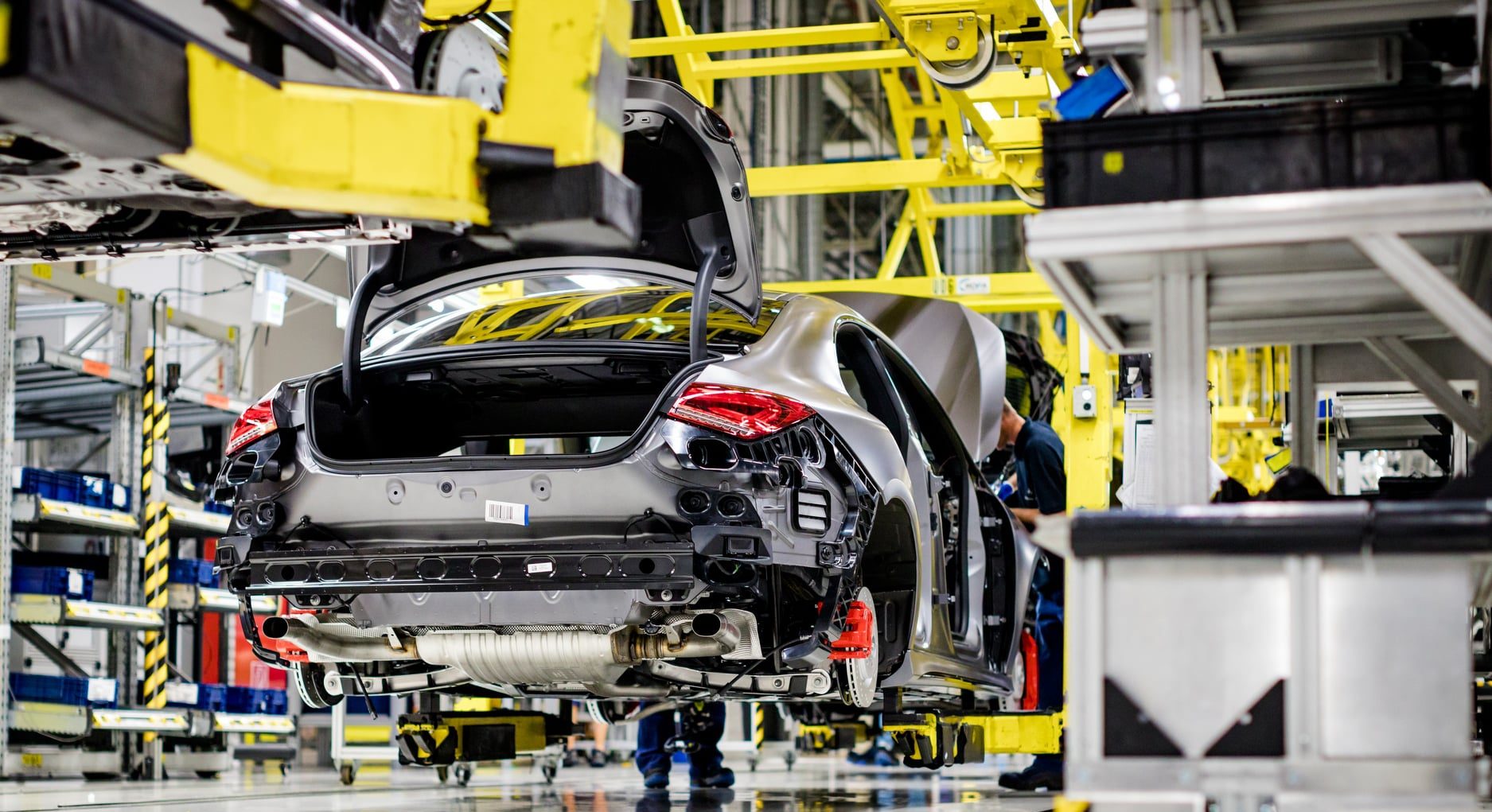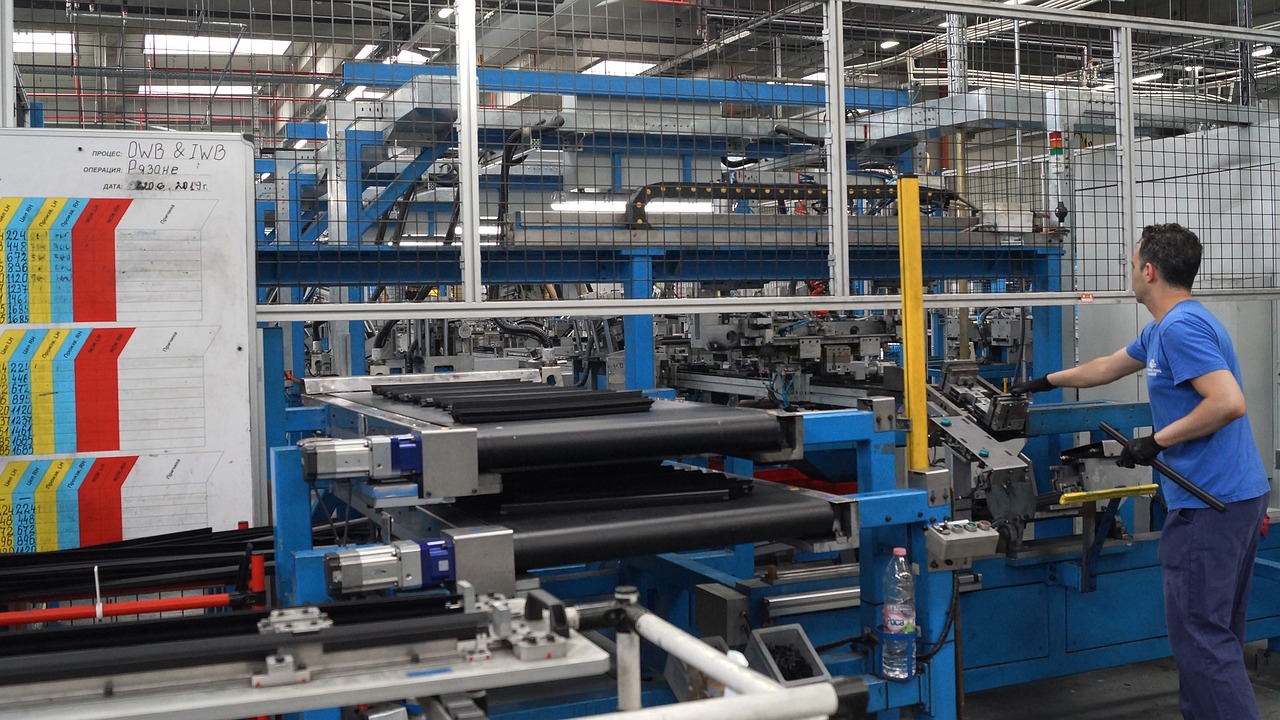
During the talks, particular attention will be paid to the electric vehicle industry.Continue reading

Minister for National Economy Márton Nagy held personal talks with Minister of Economic and Climate Affairs Robert Habeck, Parliamentary State Secretary Florian Toncar, and State Secretary Heiko Thoms on Monday, as stated by the Ministry for National Economy (NGM).
The discussions primarily focused on the outlook and competitiveness of the German economy, especially regarding the future of the automotive industry, particularly the electric car sector. Márton Nagy emphasized that Germany stands as one of Hungary’s most crucial economic partners, with the two nations interconnected by numerous ties over decades.
In 2023, Germany emerged as Hungary’s top trading partner, representing 24 percent of total Hungarian foreign trade.
Additionally, Germans are the primary investors in Hungary, contributing EUR 18.7B in foreign direct investment (FDI) in 2022, comprising 18.6 percent of Hungary’s total FDI.
The Minister stressed Hungary’s interest in fostering a strong, competitive European and German economy, especially to contend with the rapid growth of U.S. and Chinese economies. This ambition aligns with Hungary’s priorities during its EU Presidency in the second half of 2024, focusing on enhancing digitization, refining support policies, and formulating a new single European industrial strategy based on sectoral insights.
Nagy highlighted the significant shift towards electric cars in Europe, noting that while only one percent of new cars sold in 2018 were purely electric, this figure surged to nearly 15 percent by 2023.
Hungary has proactively responded to this trend with 21 investments in the electric car sector, totaling over EUR 16B.
Consequently, Hungary’s automotive and electric vehicle manufacturing sector has flourished, with battery and vehicle exports comprising nearly 25 percent of the country’s exports, and battery exports alone exceeding five percent of GDP. The Minister emphasized the pivotal role of green energy in Hungary’s economic future.
Despite a temporary slowdown in the uptake of electric cars, Mr. Nagy advocated for an EU-level support program to rejuvenate the sector, emphasizing the need to address administrative burdens, enhance the charging network, and bolster related energy infrastructure. In addition to prioritizing the charging network, the negotiators underscored the importance of redefining carbon neutrality for car powertrains by 2035.
They also emphasized the need to foster competitive technologies to promote carbon-neutral alternatives. Furthermore, they proposed a review of the 2035 regulatory date for the internal combustion engine ban in 2026, based on realistic targets assessed from 2025 data.
Via MTI; Featured Image: Pixabay